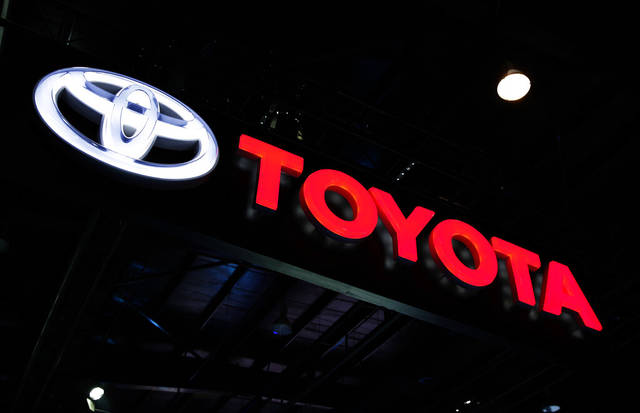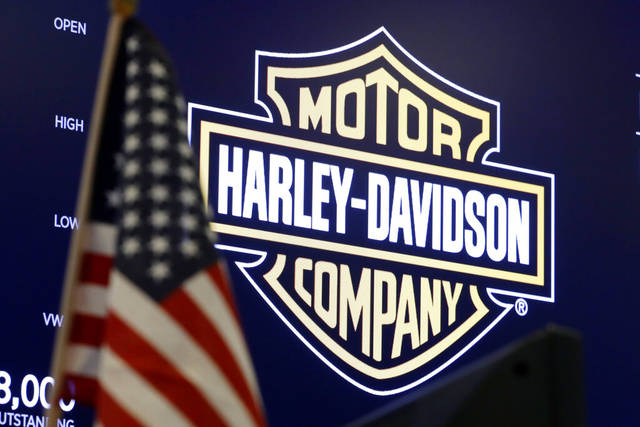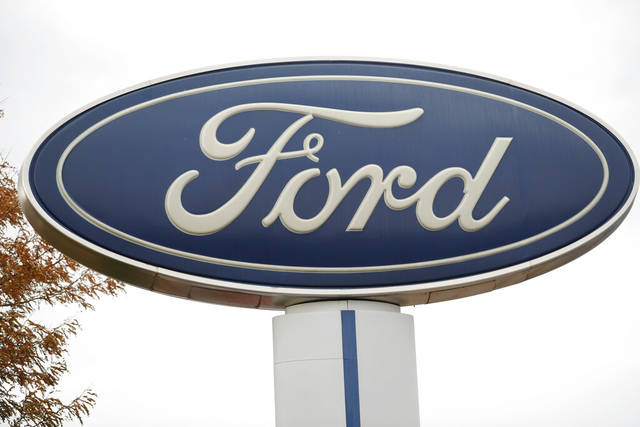When it comes to labeling of “veggie burgers” and “soy milk,” Arkansas will not be outdone by its neighboring states.
The Arkansas Bureau of Standards created a law that takes effect on Wednesday bans the use of “meat” in the labeling of products.
"Supporters of [laws in Arkansas, Mississippi, and Missouri] say that they’re needed to avoid consumer confusion — a person getting a product labeled 'veggie burger' might be confused by the word 'burger' and not know that the product was plant-based." ?https://t.co/Fr328JNpl2
— Jessica Almy (@JessicaAlmy) July 22, 2019
Similar laws have been enacted by Missouri and Mississippi banning alternative meat companies from labeling their products “veggie burgers,” “tofu sausage,” “vegan bacon,” for example. Louisiana and South Dakota have similar statues on their books.
The stated goal of the Arkansas law is to “require truth in labeling.” It would fine companies up to $1,000 for each violation.
A new Arkansas law won't permit a veggie burger to be called a "burger." However, snowflakes will still be allowed to be called snowflakes even if they are not liberals, and safe spaces for fast food will still exist in drive thrus.
— George Takei (@GeorgeTakei) July 22, 2019
Arkansas state Rep. David Hillman, a rice farmer who sponsored the bill in the House, said companies labeling products as cauliflower rice or veggie burgers are trying to confuse consumers.
“You can’t sell a Chevy and call it a Cadillac,” he told NBC News.
Opponents of the law say it’s merely an attempt to protect the interests of traditional agricultural producers from the increasing popularity of alternative “meat” products.
Tofurky Co., which produces plant-based alternatives to meat, filed a lawsuit in conjunction with the ACLU in federal court this week claiming the law violates free speech rights.
BREAKING: We just filed a lawsuit on behalf of @Tofurky against an Arkansas law that makes it illegal to call a veggie burger a "veggie burger," and almond milk "almond milk."
— ACLU (@ACLU) July 22, 2019
The law isn't just absurd and unnecessary — it's unconstitutional.https://t.co/s2LwqhB11w
Tofurky CEO Jaime Athos said that consumers have been “successfully navigating” plant-based products for years, and that traditional meat producers are feeling threatened by the recent rise in demand for such foods.
“Plant-based eating trends are really blowing up now, with exponential growth,” Athos told Vox. “We have this great moment of innovation in our industry where these products are better than ever. They’re more widely available too. And suddenly people are worried consumers might be confused. The reality is that this is a proactive decision on the parts of consumers — they understand that plant-based products are healthier for them and healthier for the environment.”








